
Topics Presented by Facilitators, Mentors and Students of The CI Community
Sunday, November 13, 2022 • 8:30am to 5:00pm PST
* Workshops Subject to Change




































Re-Sourcing – 5 Rhythms – Awareness in Motion Lucy Howgego
Biodynamic Craniosacral Therapy Anna Solyon
Five Basic Needs of The Heart Vimalasara (Valerie) Mason-John
Basic Spinal Energy Series(Yoga) Michelle Peddle
Can CI Change the Workplace Steve Borloz
The Inner Field: Understanding Emotions through VedantaAnirudh Goel
CI Master Class
(In English) Dr. Gabor Mate
CI and Addiction Dr. Wendy Harris(Livtar)
Cultivating the ‘Qualities of The Therapist’ in an Embodied Practise Jacqueline Irvine
Self Care Is Self Compassion: An Experiential Inquiry Paula Nowak Droog, Doris Polak Kuder
Epigenetics of Trauma Sat Dharam Kaur ND
Expressive Arts and CI Jane Goldberg, Yvette Lyons
Powerful Self-Regulation Techniques for Therapist and Their Clients Lorraine O’Mullane, Stacey Nicklas, Tiph Fedor
Learning From London’s Front Line Jess Turtle
Somatically Voicing Vagal Tone Shannon Vickers
Taming Shame Maria Egervari(Manjeet Adi)
The Gift of Post Partum Depression Charlotte Watson
Re-Sourcing – 5 Rhythms – Awareness in Motion
Lucy Howgego
The CI pillars, skills, stepping stones and therapist’s qualities organically integrate into the 5Rhythms maps which offer a different lens, perspectives and possibilities for liberation and wholeness through free-style, grounded, conscious dance. Re-Sourcing will explore the practitioner’s capacity to Resource themselves and reconnect with their Source/Essence through self-awareness, presence and self-care to prevent identification with feelings and beliefs, countertransference, compassion fatigue and burn-out.
Giving attention to sensations and following their movement impulses into shapes, gestures, micro-movements, beats, pulses, streaming and expression in dance will create awareness of habitual mannerisms, postural and movement patterns voluntarily, involuntarily and automatically responding to the inner landscape of breath, muscles, bones, viscera, nervous system, emotions cognition etc. The rhythmic movement of the music and the dance will support the practitioner’s perceptions of sensing, listening and feeling how their bodies move, relate to the space around them and engage and attune with the other dancers. The different tracks, distinctive structure of 5rhythms and my teaching will support the practitioner to stay connected to their experience and dance so it does not get stuck in familiar, contracting, adaptive patterns and can shift, reshape, expand and transform at its own pace. Their presence will be enhanced by meeting each moment with awareness of stimulus, activation, adaptive patterns, being curious and creative in exploring all their possibilities, taking responsibility for making authentic new choices leading to spaciousness, freedom and liberation from attachment and the past. In addition to supporting the practitioner’s personal practice of self-inquiry, self-reflection, self-regulation and self-care; ReSourcing will also offer movement resources for clearing, self-regulation and centering between client sessions.
About Lucy Howgego
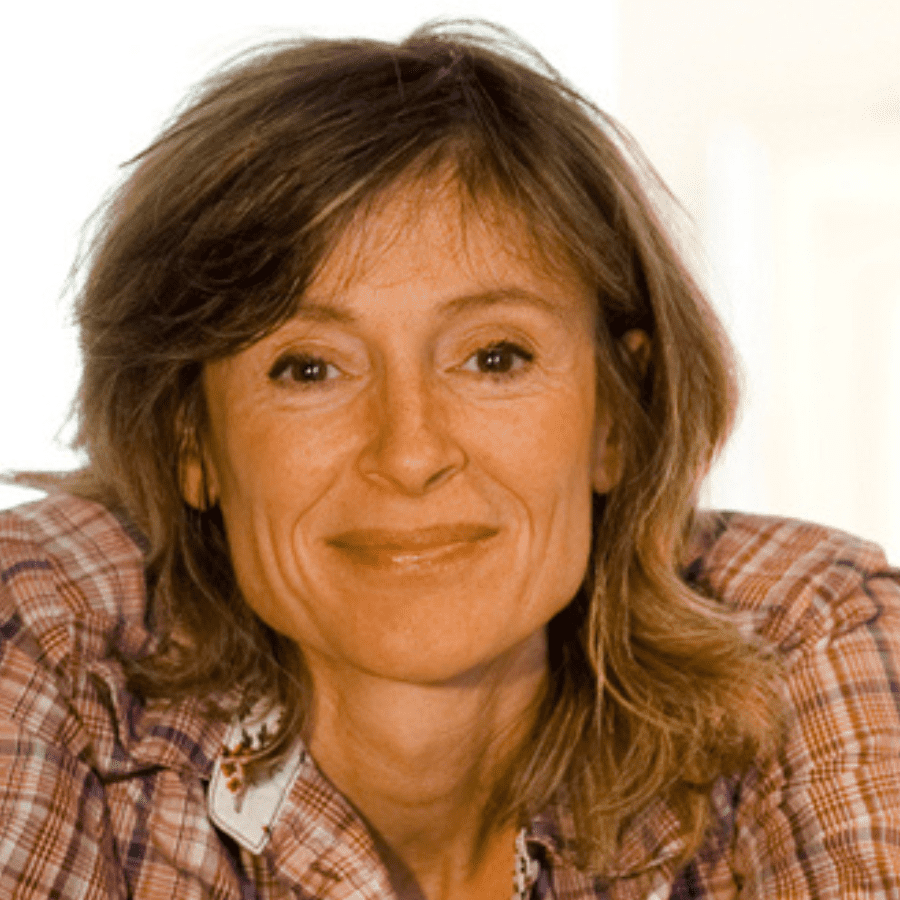
LUCY HOWGEGO – ‘ if you don’t do your dance, who will ? ’I have been dancing the 5Rthyms since 1999 and my practice has gradually unraveled into how I move through life nourishing my awareness, health, growth, healing, presence and embodiment on and off the dance floor. I have been teaching two, weekly, drop-in classes and a monthly family class since 2018 alongside workshops and sessions with groups like Recoverist Theatre Project for Adults in Recovery and to patients with trauma and life-threatening illness. My classes have a mixture of in-person and online attendance so they are accessible globally and financially; and everyone is welcome as they are ‘all of this dance is bullshit if we don’t take it to the street ‘ My intention is to share the knowledge, gifts and my love of this practice; supporting its accessibility and growth into new communities, diversity and disability to nurture a safe, peaceful and creative world full of possibilities. I also bring elements from my clinical practice, training and experience as an Internal Family Systems (Richard Schwartz) Informed Transformational Coach (ICF), Compassionate Inquiry (Gabor Mate), Somatic Experiencing (Peter Levine), Trauma Research Foundation (Bessel van der Kolk), Diamond Approach (A H Almaas), Macrobiotics with Chinese Medicine (Oliver Cowmeadow & Michael Rossoff) & SATYR Yoga (Tias Little). One of the things I love about the 5Rhythms is the diversity that each one of us brings and the ripples and waves of possibilities this creates. ‘ Dance alone to discover who you are. Dance with others to discover who you are with. Dance in a group to discover your place.’ I am looking forward to dancing with you.
Biodynamic Craniosacral Therapy
Anna Sólyom
The daily stress as well as tension from chronic pain and unresolved emotional charge is stored in the deep tissues of the body. There is a natural tension releasing and trauma recovery tremoring mechanism that nature equipped all bodies alive. It is familiar to most however we were socialized to suppress these processes as shaking generally is interpreted as vulnerability or a symptom of an illness.
Practicing Dr. David Berceli’s Stress, Tension and Trauma Releasing Exercises (TRE®), we activate the psoas muscle, which is the main muscle responsible for the contraction and releasing of the body and is intimately connected with the nervous system. Through 7 simple exercises the practitioner can self-induce the natural neurogenic tremor mechanism that liberates cortisol and adrenaline in the body, and helps to discharge the nervous system.
Every body, and every life-story is different, and even though there are no conscious memories, the body can discharge naturally. Once the technique is learned, it can be self-applied and works as a great tool to for regular stress-releasing process without analyzing what is going on.
I find that TRE® is a great tool to apply together with Compassionate Inquiry, especially that during CI practice the body can kick-off its natural shaking mechanism to discharge. I have experienced it with clients as well as with myself.
This showcase workshop is for CI practitioners to deepen their relationship with their body and to recognise the mechanism in their clients as well.
About Anna Sólyom

Anna Sólyom holds MA of Philosophy and is a trauma-informed body therapist. She works with biodynamic craniosacral and cardiovascular therapy and TRE® (Trauma Releasing Exercises). She’s a practitioner in training for CI (cohort SEP 21), a practitioner in training for Ancestral Lineage Healing by Dr. Daniel Foor. She is also engaged in healing the womb center with Miranda Gray’s Moon Mother technique. Her holistic focus is trauma resolution and harmonizing intergenerational trauma. She is also a writer, her essays are published mostly in Spanish, her first novel is published in 14 languages. She’s a Hungarian and lives in Spain, Barcelona.
Five Basic Needs of The Heart
Vimalasara (Valerie) Mason-John
A Guided Meditation Session
About Vimalasara (Valerie) Mason-John
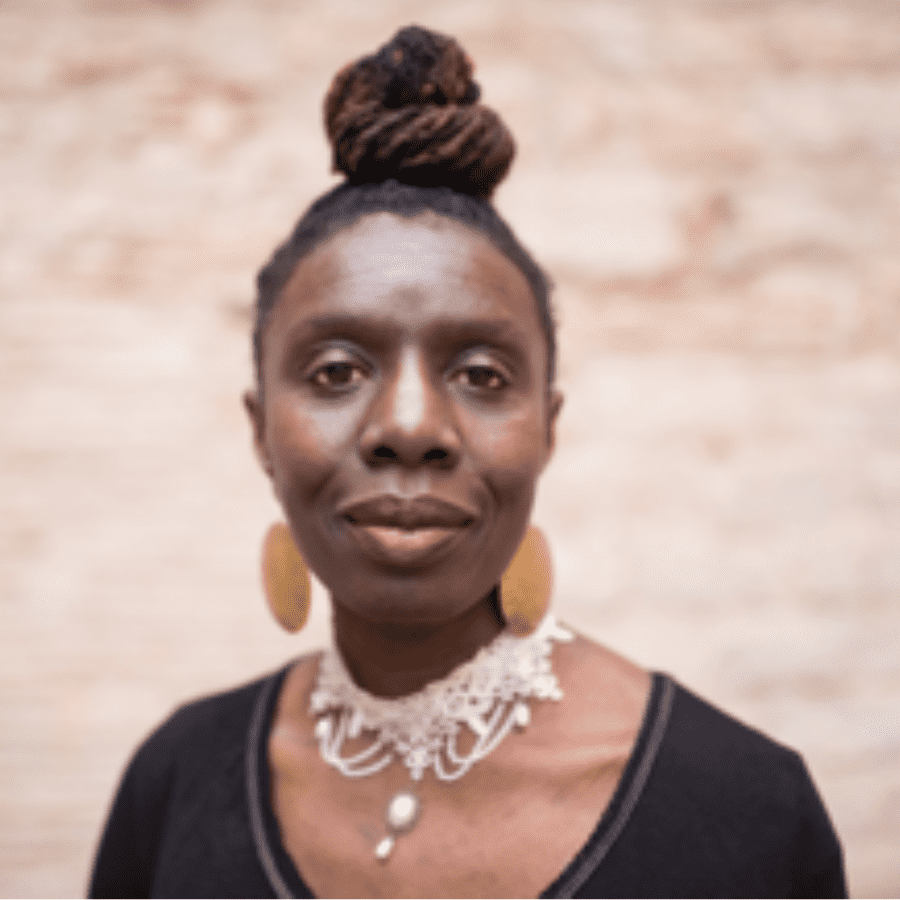
Dr Vimalasara (Valerie) Mason-John is an Award winning author/editor of ten books, including Eight Step Recovery Using the Buddha’s Teachings to Overcome Addiction and Detox Your Heart – Meditations for Emotional Trauma. A founding facilitator of Compassionate Inquiry, they also work as a public speaker in the field of Mindfulness approaches for addiction and trauma.
Basic Spinal Energy Series (Yoga)
Michelle Peddle
This workshop will explore the basic spinal energy series taught in Kundalini Yoga. This basic spinal series works systematically from the base of the spine all the way up to the top. All 26 vertebrae receive stimulation and all the chakras receive a burst of energy. Many people report greater mental clarity after regular practice of this kriya. A contributing factor may be the increased circulation of the spinal fluid, which is crucially linked to having a good memory.
About Michelle Peddle
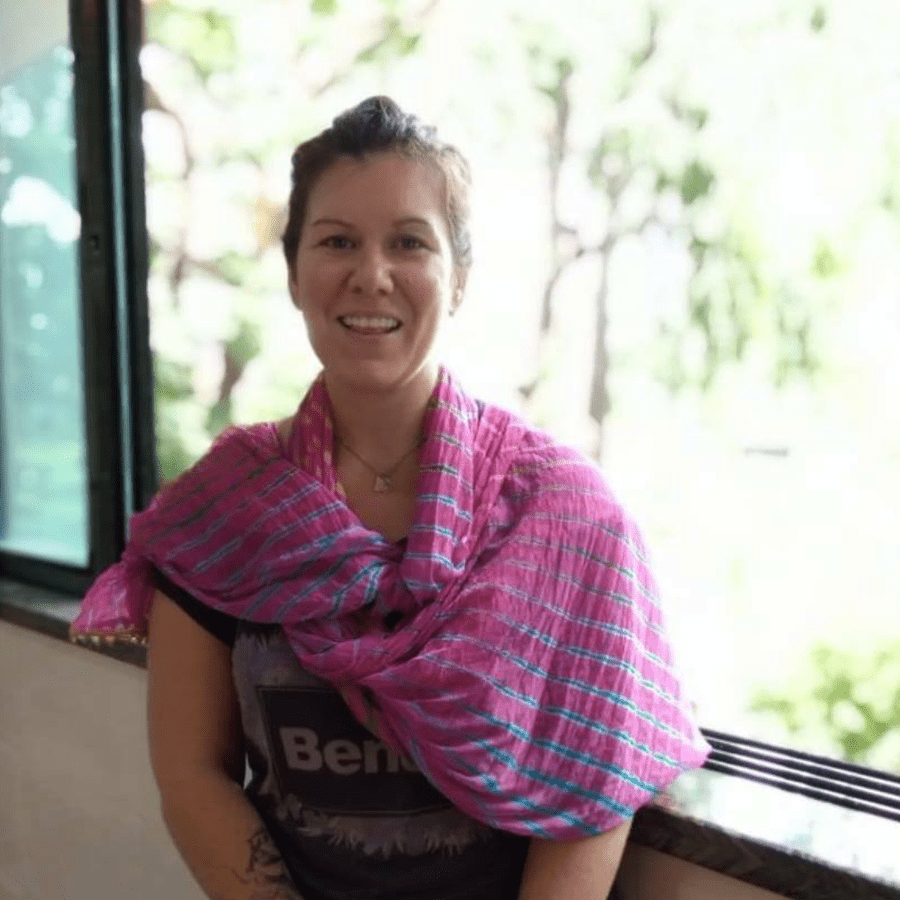
Michelle Peddle witnessed first-hand the powerful impact of blending Eastern spiritual practices with Western psychology in her early 20s. She utilizes these diverse practices, philosophies, disciplines, and theoretical perspectives to provide her clients with a unique individualized approach to healing. Equally evidence-based and spiritually aligned, Michelle offers unique opportunities to learn, grow, heal and reconnect with yourself. Michelle specializes in substance abuse disorders, depression, anxiety, and complex post-traumatic stress disorders. Her kindness, empathy, strength, intelligence and insight create a safe space for you to relax, connect and let your defenses down. Michelle’s passion lies in watching people grow and reach their potential for inner peace and growth. Her relentless pursuit of learning, world-class training and skill development brings big city concepts to small-town Ontario, removing barriers to access. Michelle is humble, welcoming to all and dedicated to those she serves.
Can CI Change the workplace?
Steve Borloz
The workplace is one of the essential settings where individuals find -or not – a sense of dignity (at earning their life), of worth (being useful) and fulfillment (being part of a team). More than ever, organizations face unpredictable challenges (covid, war,…) that directly affect what they do and how they do it. It adds pressure on employees, at all levels of the hierarchy. This can lead to staff becoming more defensive, feeling more alone.
CI can be a tool to be used to help staff gaining awareness of their triggers, defense patterns. Providing them with tools to become more authentic can allow them to strengthen bonds with colleagues and make more use of collective intelligence and potential.
Steve and Isabelle will each share their experience of using CI in the workplace : with a team in a corporation (working both individually and collectively) and with a club of entrepreneurs.
They will share- humbly and honestly – with you what they learned: what worked and what did not work, where and when CI could be proposed and where and when it should absolutely not, the does and don’ts that they got out of the experience.
They will also experiment their approach with participants , so that they can experience first hand the potential of the Ci in the workplace.
– We will invite a participant to share about his/her experience at work place and do a demo using CI
About Steve Borloz
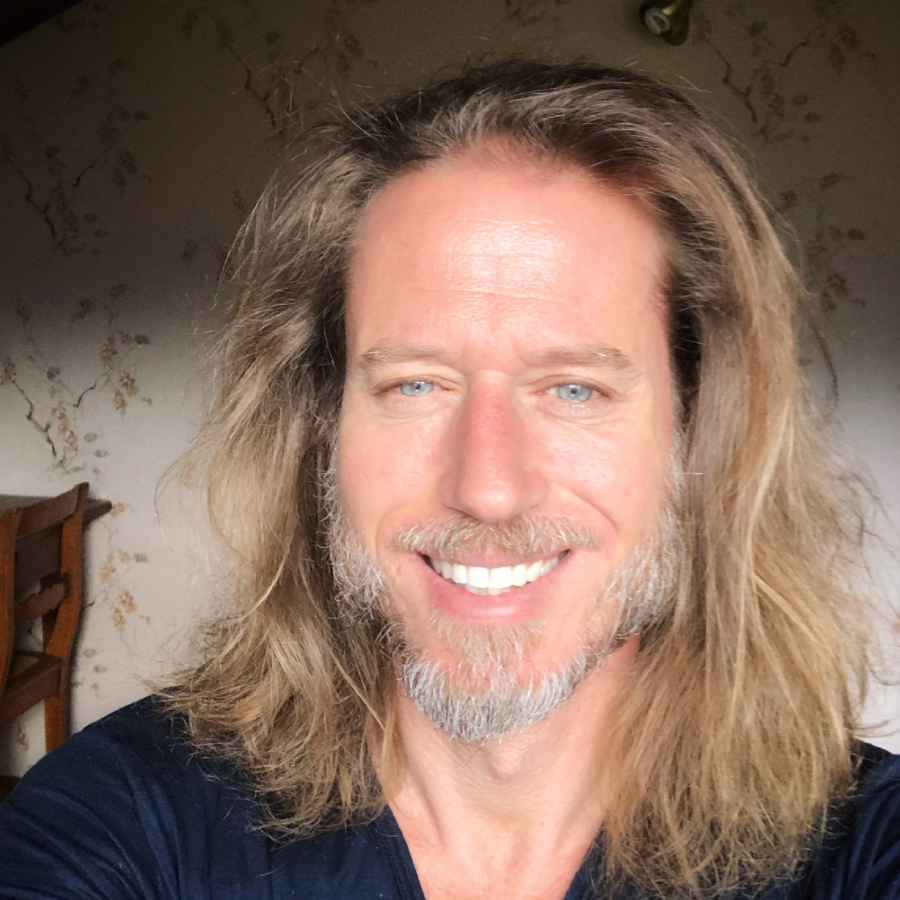
Steve is a Compassionate Inquiry (CI) Facilitator, Circle leader and Practitioner. As a passionate Kundalini Yoga Instructor, Steve taught yoga in a South African prison as part of a Prison ‘Freedom’ Project. He also co-developed a mindfulness-based routine for Recovery Direct, an Addiction Treatment Centre in Cape Town. As a former Marketing Director, Steve understands the consequences of the pressure-driven environments of the corporate world. As such, he’s discovered the importance of self-regulation and compassionate self-care in the workplace. He developed a program with CI elements to empower employees working in the sustainability department at the globally recognised renewable energy company, Scatec ASA. His work included assisting in the development of trauma-informed programs that support low-income communities in South Africa. Steve is involved in various healing practices including somatic therapy; Tension and Trauma Releasing Exercises (TRE), Breathwork, Movement Medicine, Vision Quests, and other Shamanic approaches (FSS). His addiction recovery journey, life experience and ongoing dedication to personal growth and spirituality play an integral role in how he lives, learns, and practices in the most authentic way. He works in French, English and German. Kevin any other male Isabelle is a psychologist and a lawyer and soon to be certified CI practitioner.
The Inner Field: Understanding Emotions through Vedanta
Anirudh Goel
We will briefly understand the construct of the mind and the true nature of emotions through the Indic (Vedanta) lens. Further we will learn about our innermost and deepest location of our True Self, and how access and ability to function from this space impacts our role as a Compassionate Inquiry therapist; while being present, holding space and providing a safe container to our client.
The explorations will be on how:
- Our emotions, bhavās, impact us at the mental, physical and energetic levels. The ability to engage, experience, process our emotions but not identify with them, is key to being an emotionally balanced person, sthithapragnya.
- Vedanta’s perspective on how to cultivate the ideal position of a therapist, which is always in deep awareness and equanimity, sāntam, where there is no residual of any emotional charge.
- Understand the role of our heart, hriday, in our process of psychological evolution and psychological wellness.
About Anirudh Goel
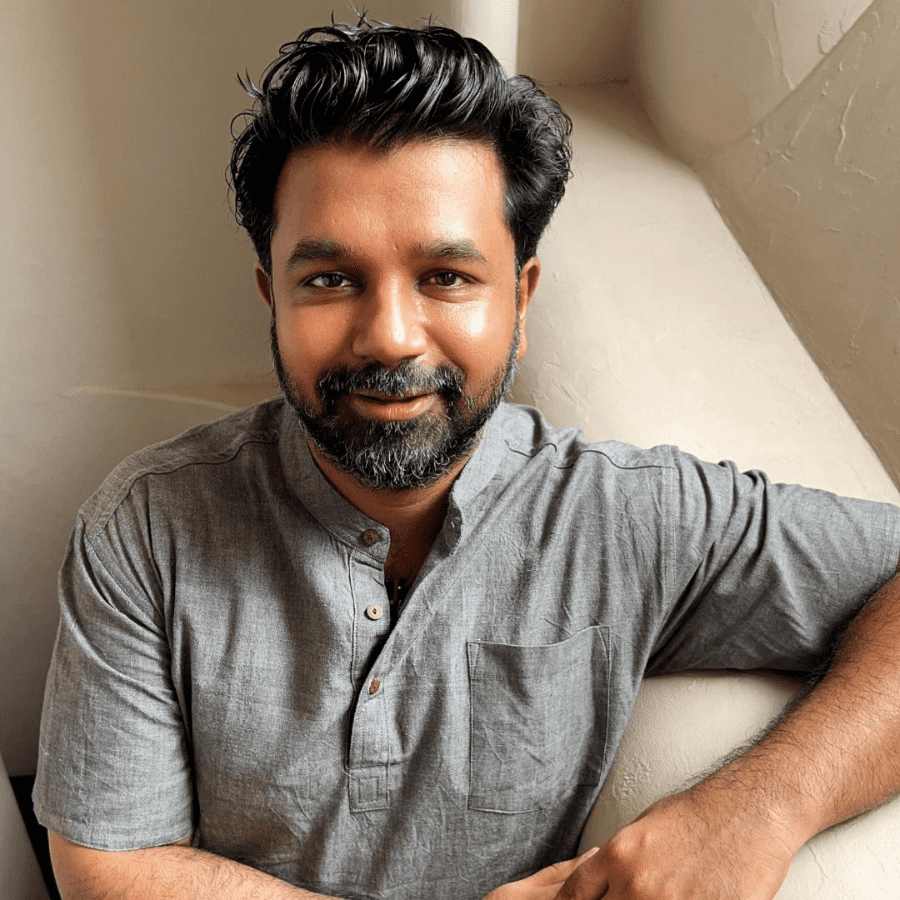
Anirudh N Goel is actively pursuing to become a Mental Health Professional since 2017. He is currently based out of Mumbai India, where he parallely runs a Brand and Marketing Strategy Consultancy. He is trained and certified in a diverse array of modalities and processes, such as Somatic Experiencing, Integrated Somatic Psychotherapy, Bodymanics, Compassionate Inquiry and Presence Oriented Psychotherapy. His personal explorations have led him to the Eastern schools of Mahayana Buddhism, Yoga Psychology and Vedanta, along with Ayurveda Therapy and Pranayama. The approach taken by him is holistic and integrates various frameworks with the intention to involve the mind, the body and the heart of the individual. He is working to be an ‘Integrated Psychotherapist’, to function through the merged lens of the Eastern and Western schools of psychology and philosophy. His areas of focus are addiction, trauma, abuse, depression, anxiety and overall wellness.
CI Master Class (In English)
Dr. Gabor Maté
Dr. Maté will model the process of Compassionate Inquiry with conference participants and instruct therapists in the practice of this powerful technique to help clients access deep healing and transformation. This will be both an experiential, participatory workshop where participants will be guided through their own personal process, as well as a training to teach the method of Compassionate Inquiry to health professionals, therapists and social workers.
You will learn:
- How to cultivate presence, being with what is
- To bring attention to body signals in clients and yourself
- To enhance your perception of what is not being revealed overtly
- To enable clients to access emotional states through body awareness
- How to create and maintain a safe sacred space between client and therapist
- How to facilitate the expression of what has remained unexpressed
- How to keep a client engaged in present moment experience
- The importance of patience, respect and choice in the therapeutic process
- How to uncover early traumatic events of childhood and unconscious feeling states through compassionate inquiry
- To decode the unconscious beliefs that contribute to personal suffering in self and others
About Dr. Gabor Maté
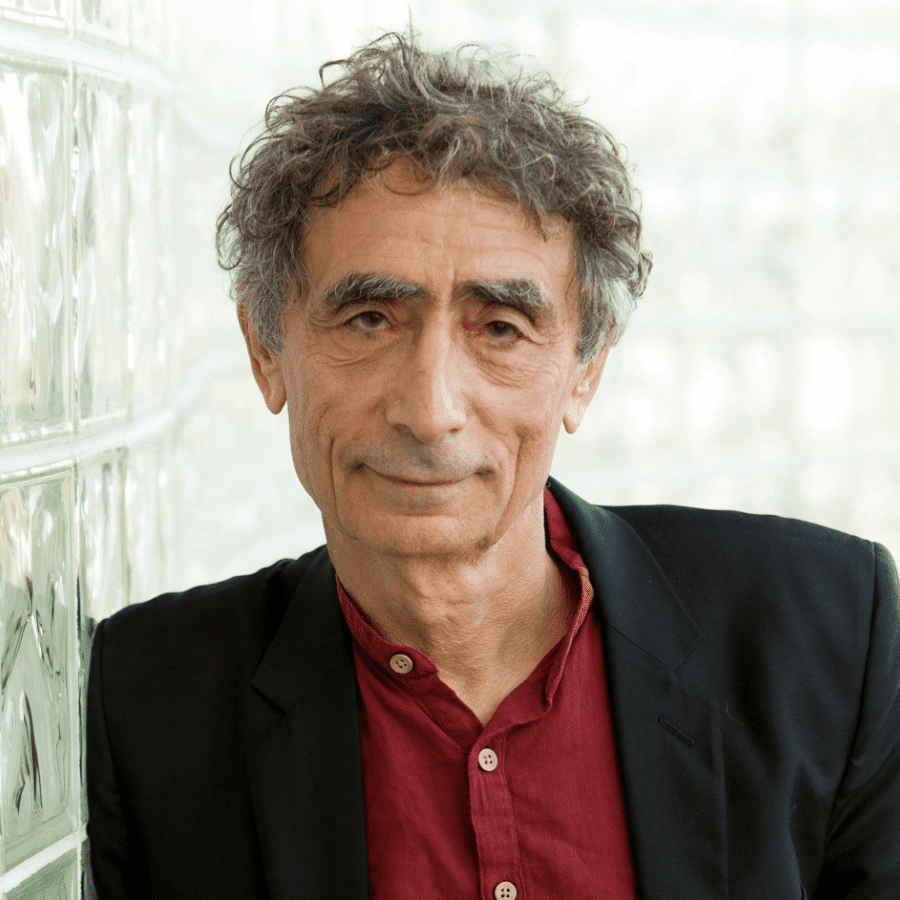
Rather than offering quick-fix solutions to these complex issues, Dr. Maté weaves together scientific research, case histories, and his own insights and experience to present a broad perspective that enlightens and empowers people to promote their own healing and that of those around them.
After 20 years of family practice and palliative care experience, Dr. Maté worked for over a decade in Vancouver’s Downtown East Side with patients challenged by drug addiction and mental illness. The bestselling author of four books published in over thirty languages, Gabor is an internationally renowned speaker highly sought after for his expertise on addiction, trauma, childhood development, and the relationship of stress and illness. His book on addiction received the Hubert Evans Prize for literary non-fiction. For his groundbreaking medical work and writing he has been awarded the Order of Canada, his country’s highest civilian distinction, and the Civic Merit Award from his hometown, Vancouver. His books include In the Realm of Hungry Ghosts: Close Encounters With Addiction; When the Body Says No; The Cost of Hidden Stress; Scattered Minds: The Origins and Healing of Attention Deficit Disorder; and (with Dr. Gordon Neufeld) Hold on to Your Kids: Why Parents Need to Matter More Than Peers. His next book, The Myth of Normal: Trauma, Illness & Healing in a Toxic Culture is due out on September 13, 2022. His second next book, Hello Again: A Fresh Start for Parents and Their Adult Children is expected in 2023. Gabor is also co-developer of a therapeutic approach, Compassionate Inquiry, now studied by hundreds of therapists, physicians, counselors, and others internationally. More on his books and programs can be found here.
CI and Addiction
Dr. Wendy Harris (Livtar)
At the root of all addiction is pain and as CI practitioners, we have a precious opportunity to work with our clients in ways that support deep, sustainable healing and recovery. The last thing most people want to feel is pain, and we can heal this pain by courageously turning toward it with a skillful person who can be with us. Our job as CI practitioners is to compassionately share this journey with those who are trusting us with a very sacred process of going to the very source of what seeds their addictive behaviors. This workshop explores the relationship between trauma, addiction, and disconnection and the remedy which is connection. Whereas the original traumas occur within a relational context, the healing can too. Join Dr. Wendy Harris for an exploration of how to use CI to support recovery from addiction.
About Dr. Wendy Harris (Livtar)
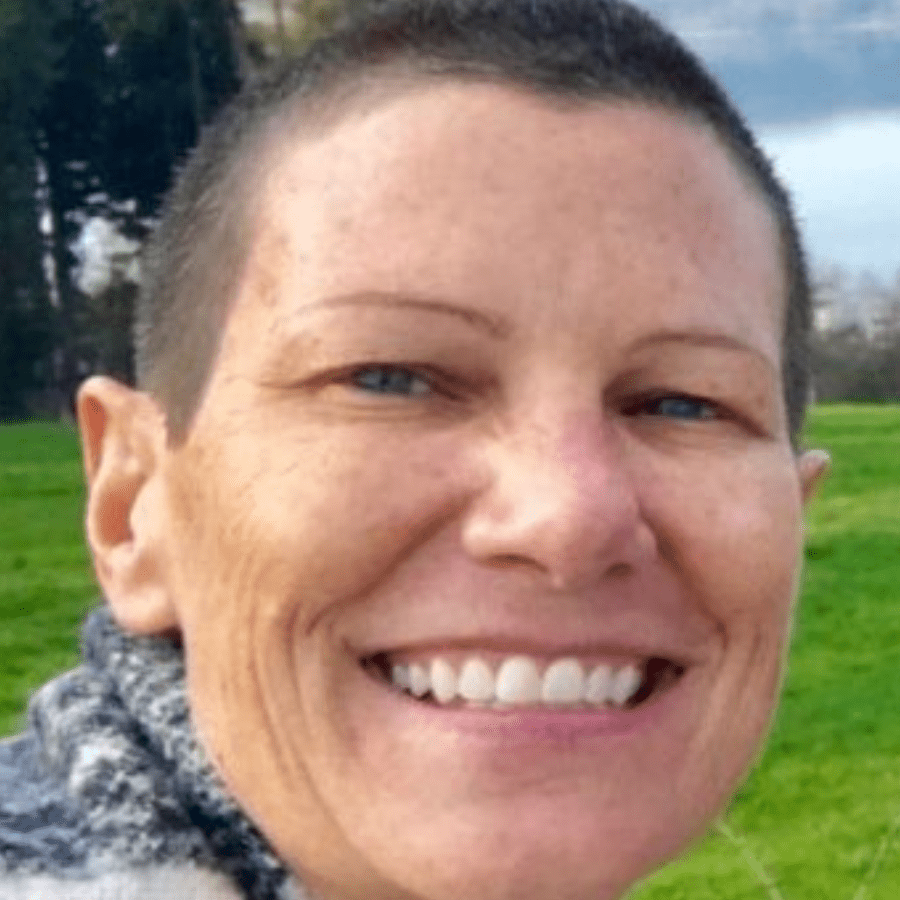
Dr. Wendy Harris is a cutting edge, innovative Addiction and Trauma Specialist. She integrates Compassionate Inquiry with the technology of kundalini yoga and meditation, mindfulness, and evidence-based practices while embodying compassion and inclusivity in her work. Her intention is to create safe, welcoming spaces to support deep healing and connection. She is core faculty and Director of the Addiction and Recovery Specialization at Antioch University, a Compassionate Inquiry Founding Facilitator, and International Trainer for Beyond addiction: The Yogic Path to Recovery. www.drwendyharris.com
Cultivating the ‘Qualities as a Therapist’ in an Embodied Practise
Jacqueline Irvine
The second two verses of the Yoga sutras can be simply translated as:
Yogas citta vrtti nirodhah (1-2)
Yoga is the stilling of the fluctuations of the mind
Tada drashtuh swarupe awasthanam( I – 3 )
When the mind is settled, the Seer abides in Itself, resting in its own True Nature.
Gabor says; “(The real goal of therapy …I believe, is to help people connect to the truth of themselves.
A yoga or any embodied practice can be a beautiful way of cutting through the noise of limiting self beliefs, of releasing tension in the body and moving towards our essence.
It can also be used to spiritually bypass our unresolved trauma. In this workshop we will examine how we can utilise an embodied practice in conjunction with CI, as a vehicle to deepen our self-awareness and further develop the Qualities of a Therapist.
Using Yoga, Breath and Chi Kung we will explore ways of using our (an) embodied practice to come to presence, enhance awareness of our inner landscape, uncover beliefs, and work with intentions.
With the arising of our self-awareness we will apply the various lenses of Trust Curiosity, Presence, Non-judgement, Acceptance, Compassion, Humility, Playfulness and Non-attachment to help us come home to our Authentic selves.
About Jacqueline Irvine
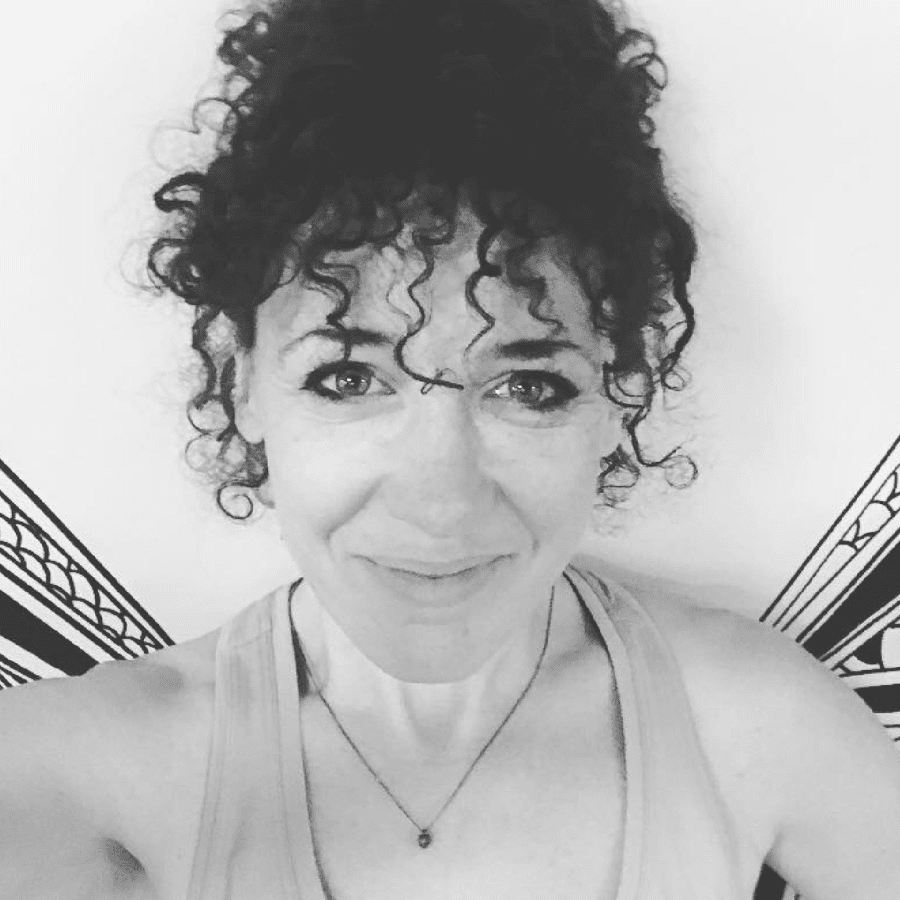
Jack (Jacqueline) Irvine is a trauma-informed yoga teacher, composer and Mother of 4. Her relationship with yoga began 23 years ago and she has studied the Iyengar, Ashtanga and Hatha lineages. During that time she also spent 5 years training Kung Fu, Chi Kung and Meditation within the Shaolin lineage. Her teaching and facilitation in recent years has had a strong trauma-informed basis, having furthered her studies with trainings in the Neurobiology of Stress and Anxiety, the MARK Training for addiction recovery with The Minded Institute, a Trauma-informed yoga teacher training, and trainings for yoga in Outreach Settings. She has recently completed her year long CI training.
Self-Care is Self-Compassion: An Experiential Inquiry
Paula Nowak Droog, Doris Polak Kuder
If we are to invite compassion in others, we need to experience compassion ourselves first. “What do I need?” is a fundamental question of a CI practitioner that desires to be present, self aware and attuned to self firstly and secondly with the client. But what is in the way of our self-care practice and how can we incorporate short and effective self-care practices into our day? Instead of being a marathon runner, waiting for that self-care moment in the morning or evening, become an interval sprinter, aware of your span of attention and daily landmarks to address your needs. Find delight in nourishing yourself and reconnect with your playful and joyful inner child.
Paula and Doris will share results of a self-care survey conducted within the Compassionate Inquiry community and offer valuable and quick self-care practices that offer huge impact. This experiential workshop will provide practical and empowering well-being tools to nourish your nervous system through micro-moments of self-care, breath, gratitude, mindful movement and more. This will be a dynamic playful workshop, where you will engage in a powerful experiential practice of self-compassion, playfulness and self-care.
About Paula Nowak Droog, Doris Polak Kuder
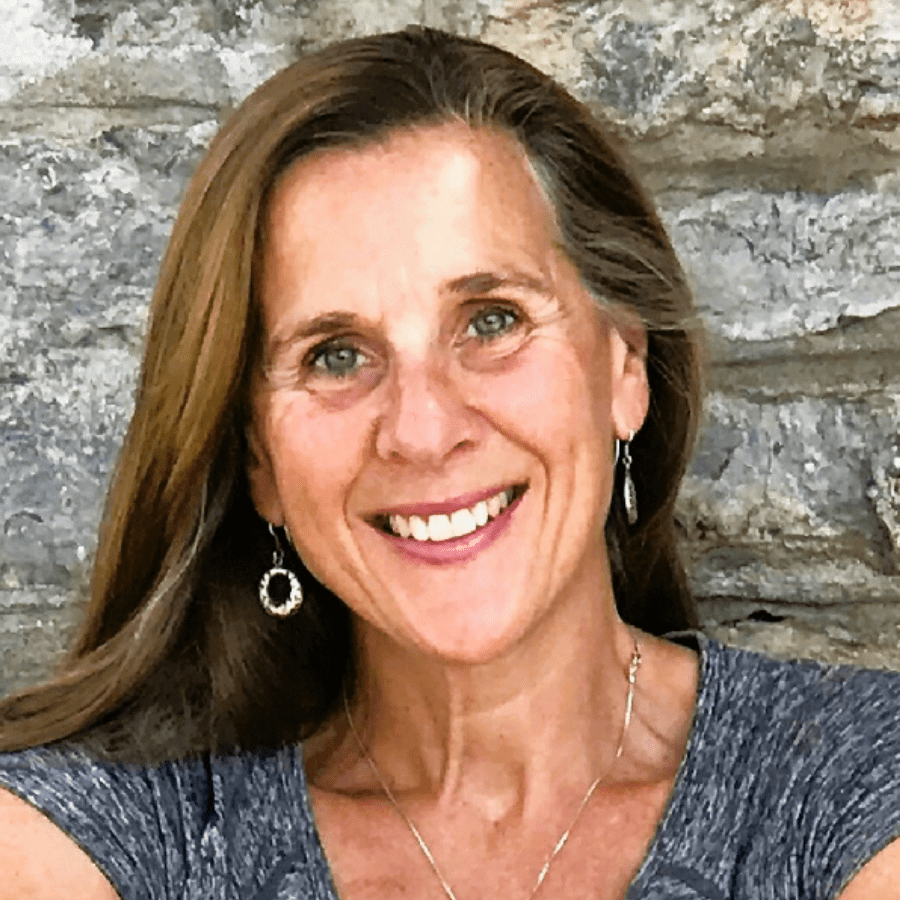
Through practicing mindful movement, Paula has discovered the transformative power of mindful self-compassion and heart-centered wisdom. As a body and mind facilitator, educator, course creator, well-being coach, and parent of 4, Paula integrates these practices into everyday life in a sustainable way. Paula combines mindful movement expertise and BioEnergetic Wellness tools with her academic background in recreation, movement, and education to provide comprehensive wellness tools, self-care strategies and gentle integrative movement to ease tension, navigate stress, and enhance well-being. Paula’s passion is to support others in raising their frequency to a more vibrant life. You can learn more about Paula at www.LearningInfinitePossibilities.com
Doris Polak Kuder, MPharm Doris is first a mom, driven by desire to created a better future for her children. She does that by exploring all shades of life. After she finished studying pharmacy at University of Ljubljana, she worked in the pharmaceutical industry. After the birth of second daughter she decided to go on a journey with Compassionate Inquiry, which is still ongoing. She developed and runs a local gratitude project. As a Health Coach she offers coaching and support to people who would like to explore connections between mind and body. Her specialities are allergies and asthma. What are allergies and asthma here to teach you? Her motto is: with compassionate inquiry and gratitude through all the challenges of life. You can learn more about Doris on www.dorispolakkuder.com.
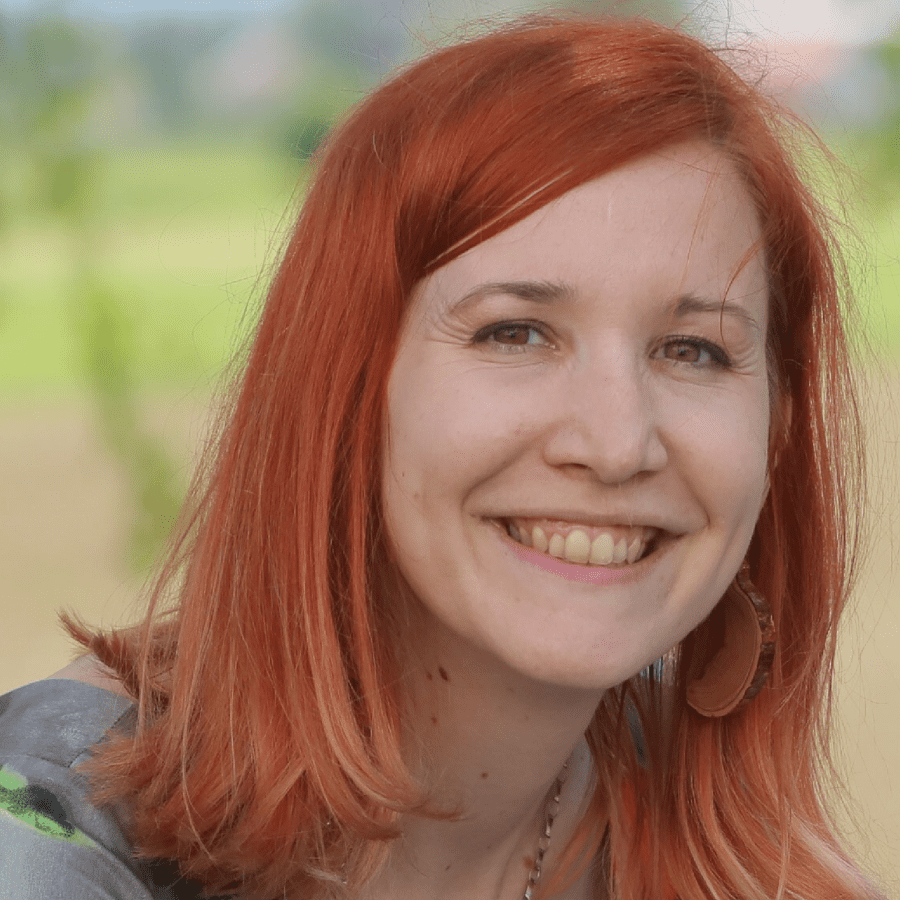
Epigenetics of Trauma
Sat Dharam Kuar ND
Childhood trauma has long-lasting effects on physical and emotional well-being over one’s lifespan. Epigenetics means “above” or “on top of” genetics, referring to external modifications to DNA that turn genes “on” or “off.” These modifications do not change the DNA sequence, but instead, they affect how cells “read” genes.
You will learn:
How childhood trauma exerts multiple epigenetic effects on individuals
The epigenetic factors that change genetic expression
The effect of intergenerational trauma on gene expression in offspring and their descendants
How to repair epigenetic changes with diet and lifestyle practices
Interventions with children that can reverse epigenetic changes
About Sat Dharam Kaur ND
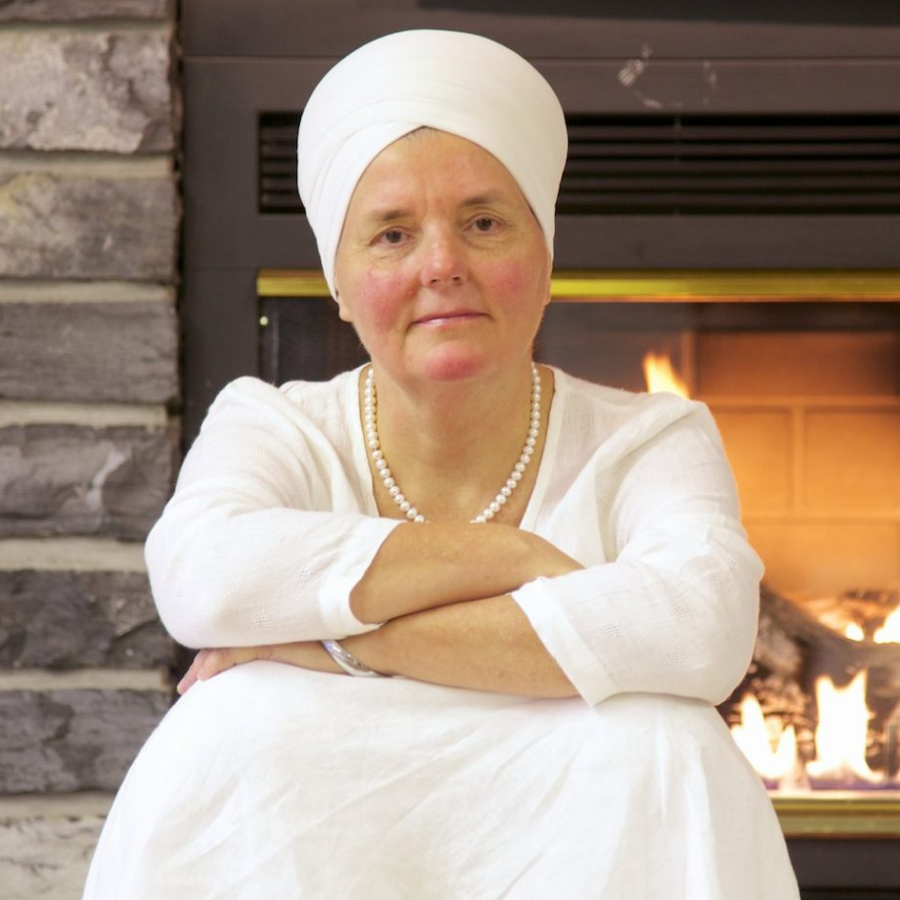
Sat Dharam Kaur is a naturopathic doctor and has supported Dr. Gabor Maté in structuring the Compassionate Inquiry approach so that others can learn it. She created the Beyond Addiction program, a yogic path to recovery. She trains people in Kundalini Yoga and has a private practice in Owen Sound, Ontario.
Expressive Arts and CI: Safety, Sensitivity and Self-Expression
Jane Goldberg, Yvette Lyons
Combining Expressive Arts with the Compassionate Inquiry Approach is an amazing opportunity to utilize the healing, sensitive and compassionate creative process inherent in each of them. Together, they can create a bridge for healing, transformation, embodiment and empowerment. Come participate as our feelings/beliefs/stories come alive in a way that allows us to practice and deepen our Compassionate Inquiry awakenings in ourselves and in our clients.
Within this workshop we will reveal how/when/why to use music, movement, guided imagery, body mapping, art-making and storytelling to amplify and expand the learning occurring in a CI session. We will explore how designing Expressive Arts interventions/homework assignments for our clients who are working with their childhood traumas can deepen and expand the CI experience in their sessions.
We will also allow time for an experiential art process where participants will do their own art-making based on this interweaving that they can then keep and take home with them. And finally, in this workshop, we will take the time to become more sensitive to ourselves, our process and to each other, working in pairs and together in the group, to ignite the sparks of creativity.
“Expressive Arts can mobilize the body and fire the imagination and thereby help to restore vitality, self-efficacy, mastery and self-expression.”
– Bessel S. van der Kolk, MD
“Your creativity doesn’t come from your trauma; it comes from your sensitivity.” – Dr. Gabor Mate
About Jane Goldberg, Yvette Lyons
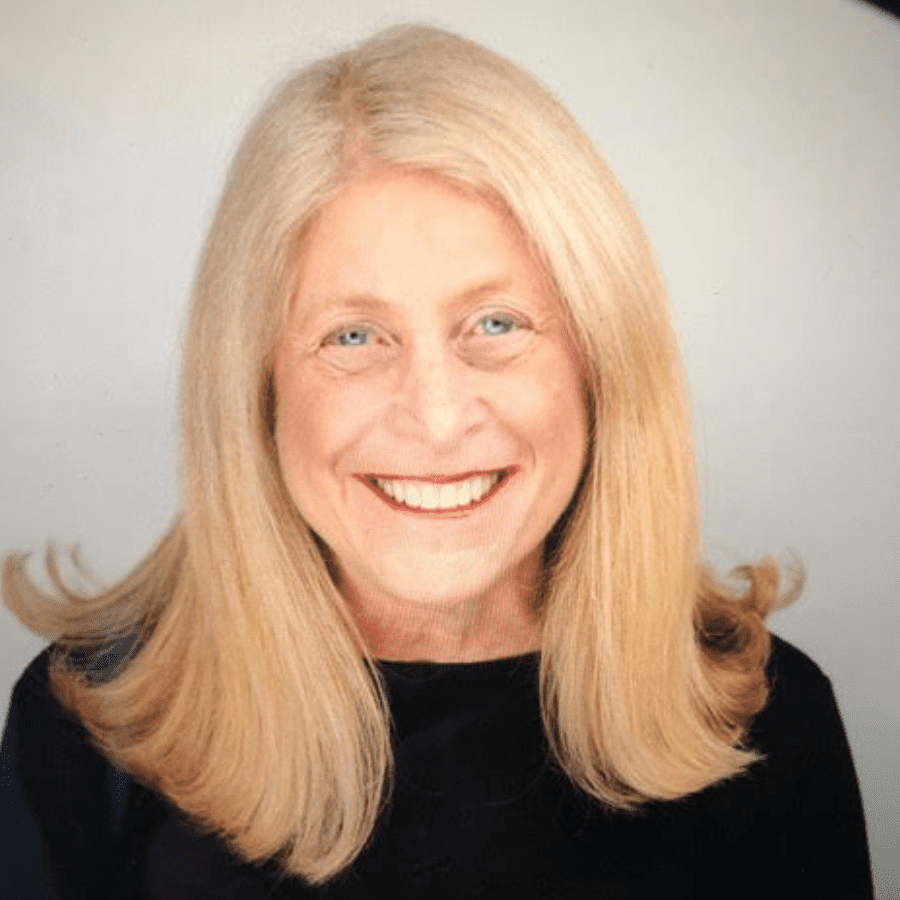
Jane Goldberg, Ph.D., L.M.F.T, R.E.A.T., is a licensed practicing Marriage and Family Therapist (1982), and a Registered Expressive Arts Therapist (1993). She founded the Expressive Arts Training Institute in Newport Beach in 1986 and has been leading certification training programs nationally and internationally for over 35 years. She is a founding member of the International Expressive Arts Therapy Association (IEATA).As a University Professor and Department Chairman, Dr. Goldberg designed the master’s, doctorate and post doctoral programs in Expressive Arts Therapy, approved by the state of California in 1999.
She began her Private Practice in 1982 and has worked with diverse populations, ages and orientations. She has led groups in recovery centers, chronic pain centers, battered women’s shelters, psychiatric hospitals, and local high schools.
Dr. Goldberg completed the year-long training in Compassionate Inquiry in 2021 and the Mentorship program in 2022.
Yvette Lyons, Ph.D. received her Doctoral in Clinical Psychology, with a Specialty in Expressive Art Therapy in 1999. She holds a Certified Expressive Arts Therapist (C.E.A.T.). Dr. Lyons, worked in individual, with the San Diego County Mental Health program, the Foster System and with at risk youth, therapist for homeless veterans and with the chronically mentally ill and crisis populations. As an educator, Dr. Lyons has been teaching at the Master’s Degree and Doctoral levels in Clinical Psychology, Marriage and Family Therapy and Expressive Art Therapy from 2006). Dr. Lyons has held the position of Director of the Expressive Arts Therapy Dept. at the San Diego University for Integrative Studies (SDUIS). In 2015 Dr. Lyons opened her own Expressive Arts Therapy training studio, The Creative Healing Arts Studio San Diego where she offers workshops and certificate training programs in Expressive Arts Therapy.
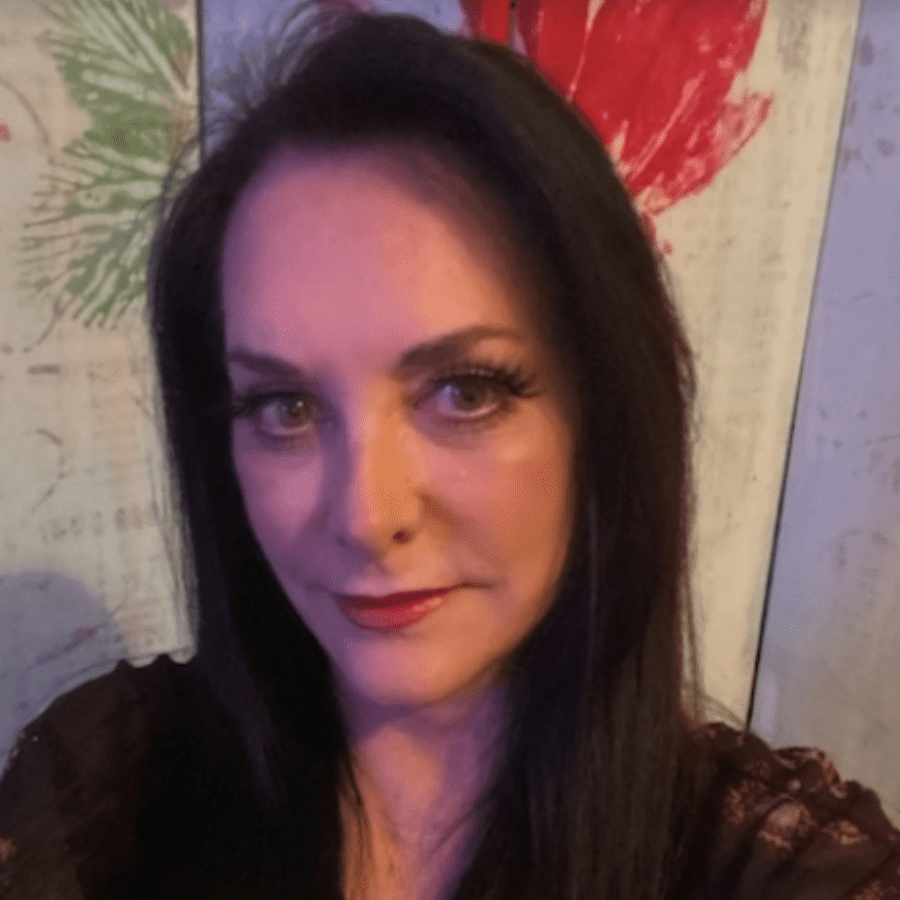
Powerful Self-Regulation Techniques for Therapists and their Clients
Lorraine O’Mullane, Stacey Nicklas, Tiph Fedor
Self Regulation Techniques for Therapists and their Clients
Self regulation techniques for both therapists and their clients are crucial for the development of a safe and healing therapeutic relationship. Understanding our nervous system and implementing effective self regulating techniques allows us to continually build the skills necessary to maintain a healthy relational container.
There are many techniques that we may use in order to come back into regulation, even after distressing experiences, thoughts and feelings. The purpose of this workshop is to explore and continue the process of building a self-regulation tool kit that participants may use for themselves and also their clients.
Another purpose is to begin the process of compiling useful self-regulation techniques that participants practice in order to create a database of these techniques within the CI community. During the workshop, we will introduce each technique and then have participants practice the skills and methods in an experiential and fun way. The self-regulation practices will come from a variety of sources, including Compassionate Inquiry, Polyvagal Theory and somatic-based approaches amongst others.
This workshop will be highly interactive and engaging, with an energetic and experiential component.
Movement
Breath & Voice
Strategy to switch from a sympathetic nervous system response into parasympathetic
Stabilization technique
Relaxation Technique
Visualization Technique
Physical discharge strategy
About Lorraine O’Mullane, Stacey Nicklas, Tiph Fedor
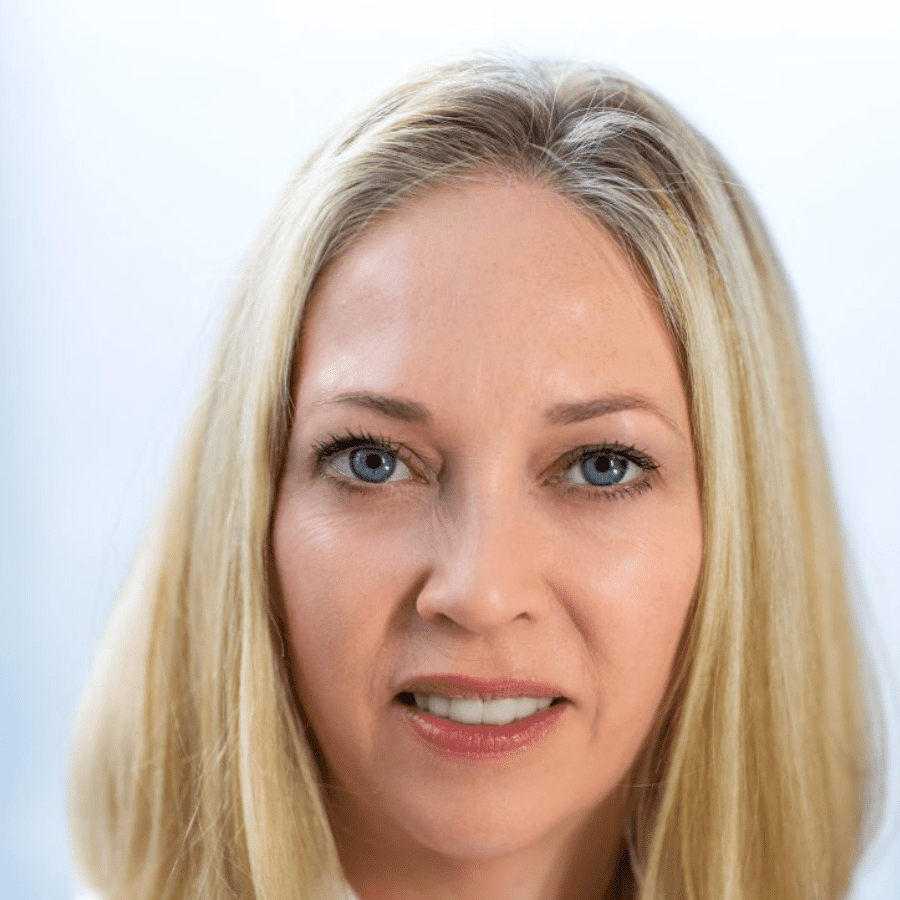
Lorraine is a Certified CI practitioner, CI Intern, CI Mentoring Intern, Practicing a holistic model of therapy I integrate Compassionate Inquiry alongside Cognitive Hypnotherapy, Clinical Hypnotherapy, NLP, EFT & Havening. CI underpins every conversation and session with me, offering a gentle, safe and effective way of uncovering the root causes of pain and suffering. I have experienced both on a personal level and daily through my clients how CI allows for accurate insights, deeper connections and a new way of coming back to who you really are. Before training in CI ( 2019), I worked as a Cognitive Hypnotherapist and NLP Practitioner, training at the internationally acclaimed Quest Institute, Regents University, London (2013). I have trained with Dr Ronald Ruden, in the psychosensory therapy known as Havening and became one of the first Certified practitioners in the UK (2014). Prior to that I studied Clinical Hypnotherapy at St. Mary’s University, London (2012). I am passionate about tailoring an individual approach, finding possibilities and helping to unravel the sometimes deep source of unresourceful patterns of behavior and pain, allowing for more ease and ultimately freedom. I work with clients from all walks of life, Veterans, First Responders, Performers, Parents, Students and anyone who is willing to allow me to share their journey through issues ranging from complex PTSD, Addictions, Disordered Eating, Performance Anxiety, Health issues and many more.
Dr. Stacey Nicklas is a Marriage and Family Therapist, licensed and practicing for more than 20 years. In 2015, she earned her PsyD and became a certified Psychoanalyst from the Psychoanalytic Center of California in Los Angeles. In 2020, Stacey became a certified Compassionate Inquiry Practitioner and since then has been integrating CI into her practice and into her life. She completed the CI Mentorship program, the CI Internship, and also interned for a CI Circle. Stacey greatly appreciates being part of the CI community and is constantly growing and learning from her interactions and the generous amount of learning offered to the community.
Stacey strives to provide a compassionate, safe, and inviting experience where others can grow and process their thoughts and feelings. She is warm, intuitive and passionate about living authentically and helping others do the same. Stacey is a life-long learner and she enjoys books, podcasts, yoga, hikes, swimming, supervision, therapy, her work, family, friends, and spending time with her dogs. In addition to her private practice, she provides supervision and also teaches graduate students therapeutic theory and technique at the Psychoanalytic Center of California.
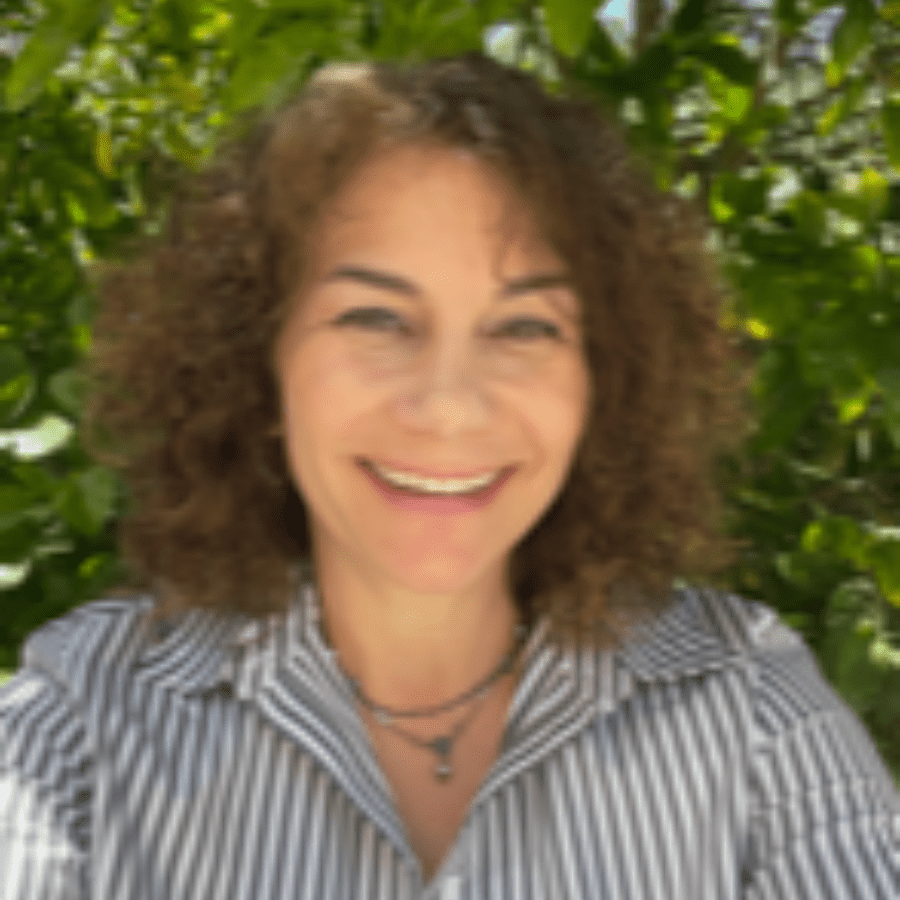

Tiph started her journey as an energy healer over 30 years ago and is a registered Counselor and CI Practitioner. She is a certified Mindfulness Practitioner, having trained with Eckhart Tolle and uses her ability to hold deep presence with her skills as a Compassionate Inquiry Practitioner to support people through their journey of trauma to a place of authentic connection with themselves. Tiph has her own private practice based in the Herefordshire countryside and works with couples and individuals from around the world. She is deeply committed to her own process and that of her clients and sees her journey of self development as being intertwined with her work as a therapist. She believes that the spiritual journey is deeply connected to working through trauma and that the two happen in conjunction with each other. She has completed the CI Mentorship programme and is looking forward to continuing her journey within the CI community.
Learnings from London’s Front Line
Jess Turtle
How can CI help activists and changemakers, especially those of us who live with complex trauma? We are all currently caught in these huge structural fault lines; inequality, climate change, colonialism, forced migration, homelessness. In what ways can we apply CI to our lives and to our calling as we navigate an era of significant socio-cultural trauma?
In this experiential session, using the five levels of compassion, parts work and Museum of Homelessness neuroscience based research into Dehumanised Perception, we will explore how CI supports change making work. We will share insights and learnings from a pandemic spent on the streets with people who are homeless and from building a survivor community movement in London. We will explore how those of us who are trying to make change in the world whilst carrying trauma can do this work safely and effectively by using CI in our everyday lives.
About Jess Turtle

Jess is the co-founder and director of Museum of Homelessness, an award-winning new museum in the UK led by people with experience of homelessness. Prior to founding MoH in 2015. Jess worked across culture and heritage in the UK. Jess experienced homelessness as a child and young adult and comes from a family heritage of poverty, trauma and community organizing. This life experience has driven her to focus on facilitating justice and community healing through Museum of Homelessness’s survivor led work. To support this work, Jess is currently training in Compassionate Inquiry. She is a visiting tutor at Kings College London, holds an MA (distinction) in Psychosocial Studies from Birkbeck and is a certified trauma informed coach (TICC). She has co-authored several publications and book chapters and recently been published by Routledge (2020) and Oxford University Press (2021)
Somatically Voicing Vagal Tone
Shannon Vickers
This experiential workshop will offer participants an opportunity to engage in nervous system regulation through guided exploration in established methods employed in theater training and professional theater performance settings. This voice and movement-based workshop will introduce participants to a series of sequential exercises from the field of Performance Voice which are used in theaters internationally, and which aim to support participants in releasing muscular tension, opening up responsive breathing, and freeing the voice. These explorations ultimately support participants toward an embodied state of Presence that may mirror Dr. Richard Schwartz’ concept of Self.
The field of Performance Voice training and coaching in Canada was established with the opening of the Stratford Festival in 1953. Voice coaches have historically and quietly engaged with interdisciplinary approaches drawn from psychotherapy; with early Canadian theater voice trainers inspired by the work of Carl Jung. In subsequent decades, theatre voice trainers continued to collaborate with experts in the fields of psychotherapy and psychology, with noted New York-based feminist psychologist Dr. Carol Gilligan documenting the role that voice played in her research and publications.
This workshop offers participants an embodied exploration in nervous-system regulation, which may be of benefit for trauma-impacted populations. This workshop also aims to bridge knowledge from the Compassionate Inquiry community with the field of Performance Voice, and to begin a collaborative and embodied discourse that can support generativity and creativity across disciplines.
Participants are encouraged to wear comfortable clothing that will allow them to engage in a variety of movement explorations which may include lying down on the floor, stretching arms and legs, and moving in space. The workshop will be tailored to support inclusion of all bodies and abilities.
About Shannon Vickers
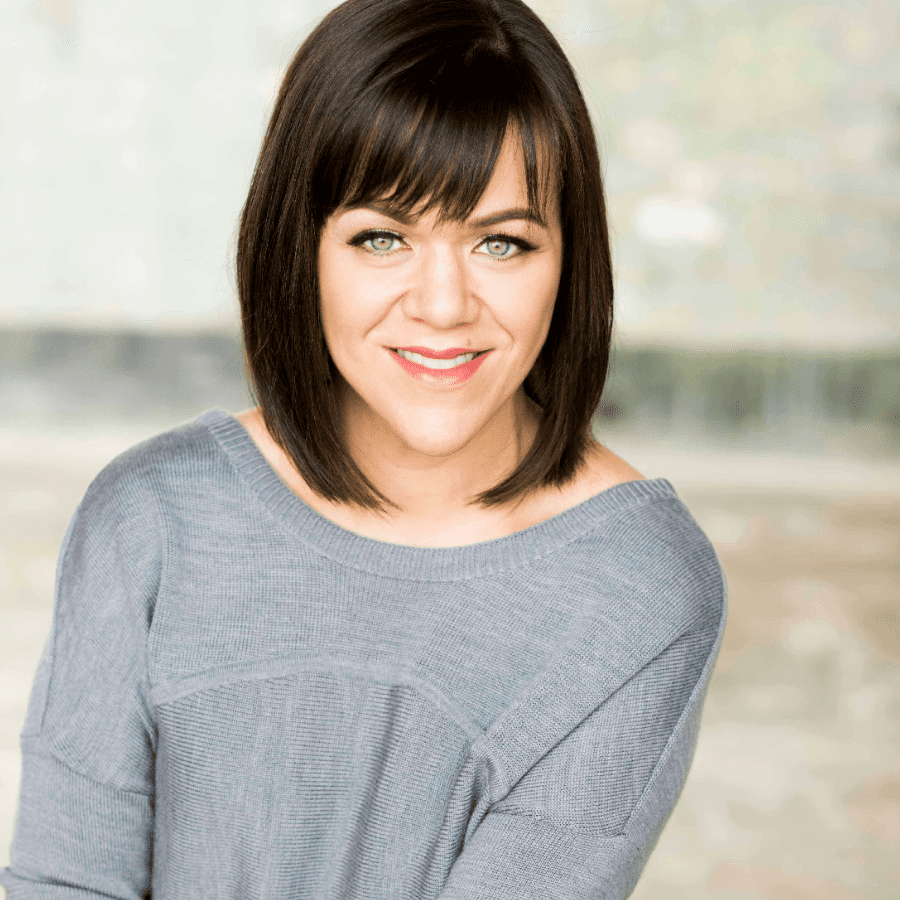
Shannon Vickers is a Professor at the University of Winnipeg where she teaches somatic voice, speech, text, and performance for the Department of Theatre & Film. She is an interdisciplinary artist-scholar with publications ranging from prolific research-creation in professional theaters across Canada, to impactful published scholarship. She is the forthcoming Editor of the Voice and Speech Review Journal (Routledge). Her Voicing Creativity podcast shares creative research and artistry from practitioners and scholars worldwide and highlights creative voice across disciplines. Shannon is grateful for the opportunity to share this interdisciplinary somatic voice workshop with participants; combining experiential knowledge derived through the immersive training offered in Compassionate Inquiry, with her embodied knowledge of voice and performance training.
Taming Shame
Maria Egervari (Manjeet Adi)
In this workshop we will explore the physiology, the dynamics and the function of shame and the inner critic that feeds shame and the perception of worthlessness. We will explore the adaptive function of shame and practice guiding clients to recognize it and have compassion for it. By creating space and exploring the parts and their role in shame and resulting behaviors we support the client’s understanding of how it all worked in an attempt to maintain the life sustaining attachment for the young child.
There will be opportunities to practice the skills in dyads and triads to put what the participants learned into practice immediately. Main stepping stones to be practiced:
- #12 Bring the client’s awareness to understanding their behavior as a coping mechanism. .. move away from making themselves wrong. Shame is often considered useless, painful and an unnecessary hindrance to a happy life. We want to support the client in recognizing that even shame had a survival function
- #13 Ask the client to identify the underlying belief.
- #14 Challenge the current belief by examining other possible reasons… When shame is present, it blocks seeing oneself as a worthy person. Every triggering event is considered as further evidence that the person is unworthy and the shame escalates. Therapist guides the client in considering other possibilities and loosening the grip around old beliefs
- #16 See the client for their possibility… The therapists can bring to the client’s attention that if they believed they were entirely unworthy they would not have come for therapy. The fact that they showed up and want to work on themselves shows that there is at least a part of them that sees the worth and wants change.
- Invite the client to do some follow-up work on their own between visits
About Maria Egervari (Manjeet Adi)
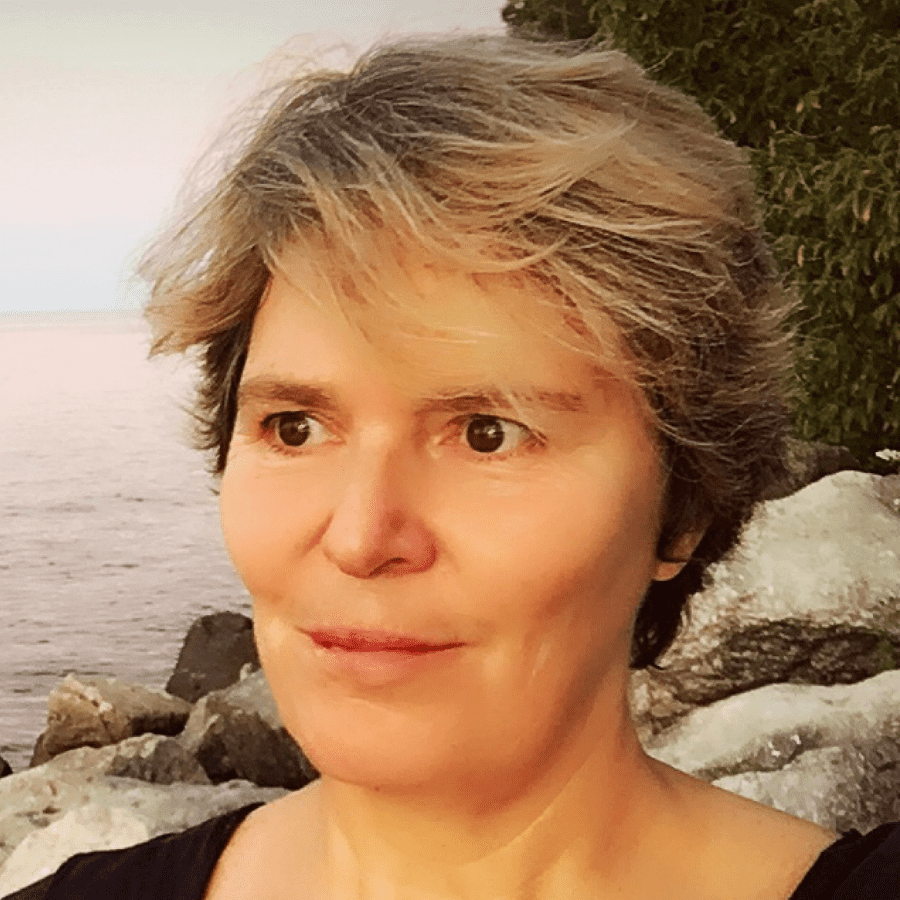
Manjeet Adi (Maria Egervari) is one of the Founding Facilitators of the CI Online Training, and a Naturopathic doctor in Ontario, Canada. She first trained as a medical doctor in Hungary, but her journey of searching for deeper answers led her to naturopathic medicine, mind-body medicine and finally to Compassionate Inquiry. She finds the approach of using a top-down (mind-body) and bottom-up (body-mind) approach simultaneously the most successful to unearth and heal old traumas, understand and change old patterns and restore the connection to Self and others. In her work with people who experienced early childhood trauma, she finds the core belief of “not good enough” is very common, and shame is prevalent. In her experience acknowledging and addressing the shame, discovering its function, “taming it” is an essential part of the healing journey.
The Gift of Post Partum Depression
Charlotte Watson
Postpartum mood disorder diagnoses such as postpartum depression (PPD) have been increasing in recent years, and are being normalized for women entering motherhood.
The general medical community’s approach is to externalize and pathologize the symptoms, giving the more blanket diagnosis of PPD and the use of antidepressants sometimes with some traditional talk therapy or CBT to manage symptoms, rather than looking at or treating underlying causes.
Based on a CI approach to supporting postpartum mothers, Charlotte Watson has come to believe that PPD can be a gift, if one chooses to take the path of seeing PPD as a symptom and following a path of inquiry to understand more about the underlying causes of their PPD, so these can be addressed, as opposed to simply pathologizing with a check box based diagnosis and use of medication to manage symptoms.
In this work, Charlotte Watson has identified 3 key areas which she believes the underlying causes sit in, as well as offering targeted and personalized support to each mother to address her symptom of PPD from the underlying causes.
Charlotte will be presenting on the 3 key areas she has identified in her work of bringing a CI approach to mothers with PPD, as well as sharing Case Study’s to demonstrate how this has worked and the gifts that PPD has given these women, when approached with a CI lens.
About Charlotte Watson
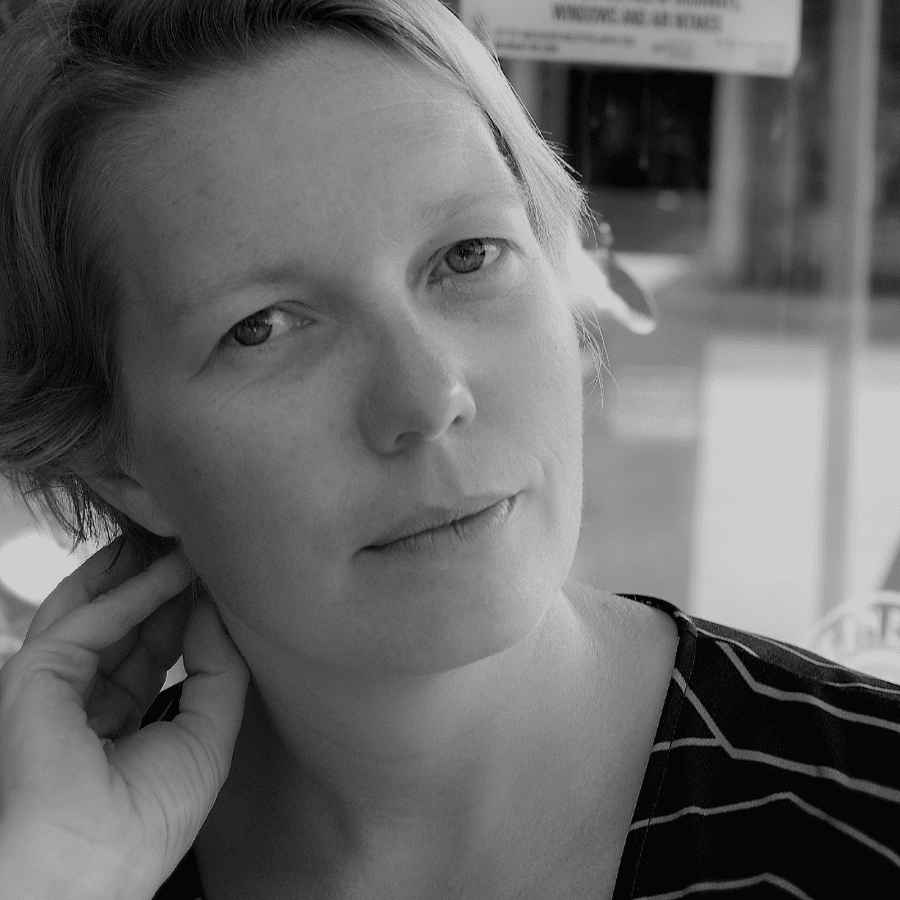
Charlotte Watson has been in private therapy practice since 2015, specializing in supporting women in the transition to motherhood. Charlotte uses somatic and compassionate inquiry based therapy approaches, to help women uncover and address the underlying and root causes of the challenges and presenting issues that have lead them to seek therapy Prior to this career transition, and her own transition into motherhood, Charlotte worked in engineering. It was Charlotte’s logical mind that started making connections to the themes and patterns that were being presented in her clients with postpartum depression, and the inquisitive side that took her on the journey, that finds her writing her first book : “The Gift of Postpartum Depression” Charlotte was raised in England and emigrated to Canada in 2006. As well as her private practice, Charlotte has merged her work as a therapist with her other career in Skiing to become Canada’s first Therapeutic Ski Instructor.